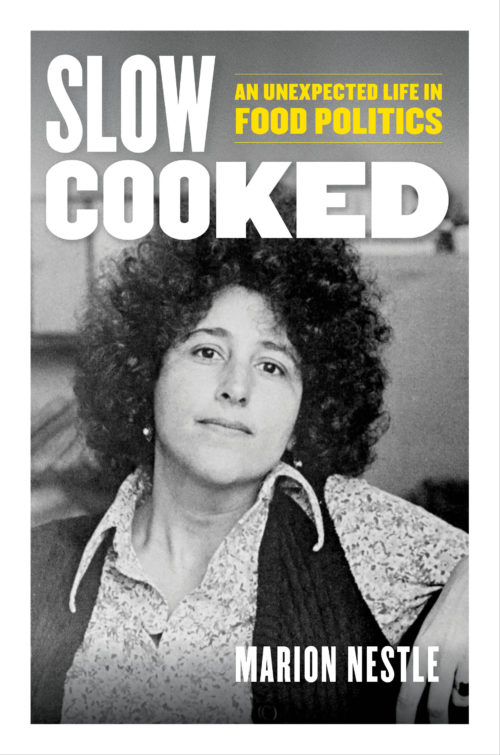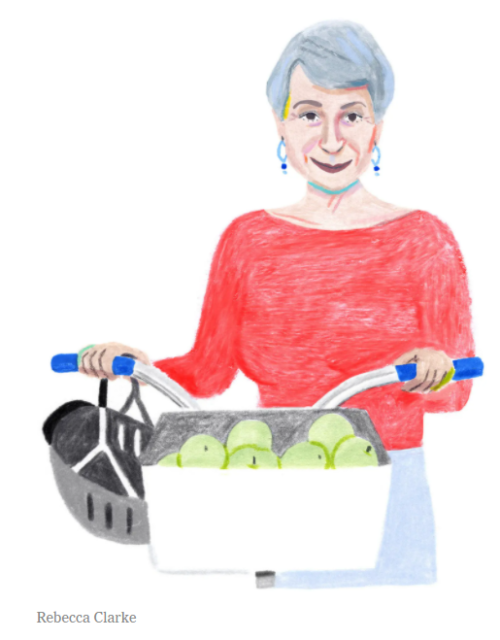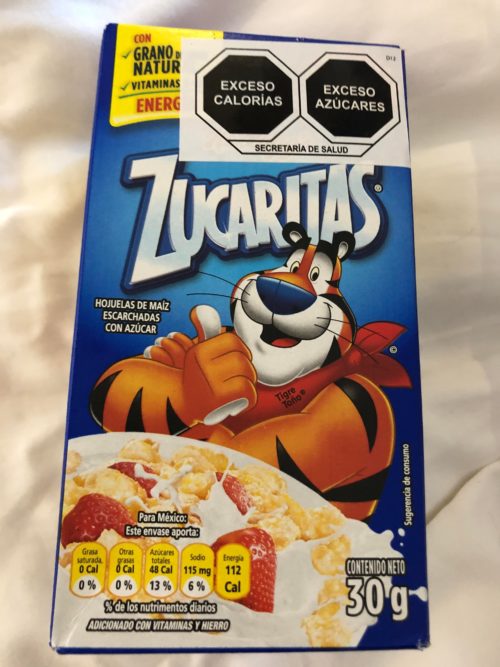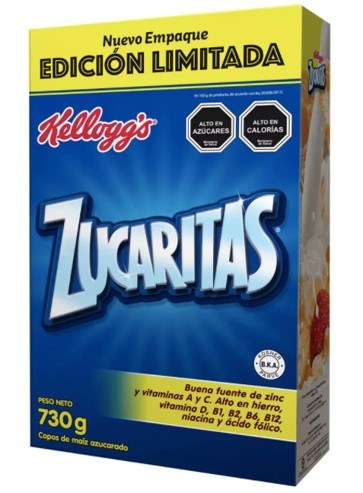Conflict-of-interest disclosure of the week
A reader, Effie Schultz, sent this one, with a comment that it comes with the longest conflict of interest statement she had ever seen (I’ve noted one that was two pages long in the first item in a post in 2015).
Association of Low- and No-Calorie Sweetened Beverages as a Replacement for Sugar-Sweetened Beverages With Body Weight and Cardiometabolic Risk: A Systematic Review and Meta-analysis. McGlynn ND, and 20 other authors. JAMA Network Open, March 14, 2022. 2022;5(3):e222092. doi:10.1001/jamanetworkopen.2022.2092
The research question: Are low- and no-calorie sweetened beverages (LNCSBs) as the intended substitute for sugar-sweetened beverages (SSBs) associated with improved body weight and cardiometabolic risk factors similar to water replacement?
The conclusion: This systematic review and meta-analysis found that using LNCSBs as an intended substitute for SSBs was associated with small improvements in body weight and cardiometabolic risk factors without evidence of harm and had a similar direction of benefit as water substitution. The evidence supports the use of LNCSBs as an alternative replacement strategy for SSBs over the moderate term in adults with overweight or obesity who are at risk for or have diabetes.
Comment: Research on artificial sweeteners remains controversial. I think we will be arguing forever about their safety and efficacy in helping people lose weight. Studies with conflict of interest disclosures like the excessively extensive one here do not help resolve the research questions.
I strongly support revealing conflicted interests that might influence any aspect of research design, conduct, and interpretation. For this study, I would be interested in financial ties or arrangements with companies that might either gain or lose sales or marketing advantages from results showing artificial sweeteners or diet drinks to be harmless or beneficial, as these do. At issue here is whether financial ties to companies with corporate interests in the outcome of such research bias results or interpretation, consciously or unconsciously.
You have to search through this mess of unnecessary and distracting disclosures to find the ones that matter. They are there. You have to search for them.
Much of what is disclosed is irrelevant and, therefore, not helpful.
You may well disagree with that assessment. Judge for yourself.
Conflict of Interest Disclosures: Ms McGlynn reported receiving a Canadian Institutes of Health Research (CIHR)-Masters Award during the conduct of the study and being a former employee of Loblaws Companies Limited outside the submitted work. Dr Khan reported receiving grants from CIHR, International Life Science Institute, and National Honey Board outside the submitted work. Dr Chiavaroli reported being a Mitacs Elevate postdoctoral fellow and receiving joint funding from the Government of Canada and the Canadian Sugar Institute. Mr Au-Yeung reported receiving personal fees from Inquis Clinical Research outside the submitted work. Ms Lee reported receiving graduate scholarship from CIHR and the Banting & Best Diabetes Centre at the University of Toronto outside the submitted work. Dr Comelli reported being the Lawson Family Chair in Microbiome Nutrition Research at the Joannah and Brian Lawson Centre for Child Nutrition, University of Toronto, during the conduct of the study and receiving nonfinancial support from Lallemand Health Solutions, donation to research program from Lallemand Health Solutions, personal fees from Danone, sponsored research and collaboration agreement from Ocean Spray, and nonfinancial support from Ocean Spray outside the submitted work. Ms Ahmed reported receiving scholarship from the Toronto Diet, Digestive tract, and Disease Centre (3D) outside the submitted work. Dr Malik reported receiving personal fees from the City and County of San Francisco, Kaplan Fox & Kilsheimer LLP, and World Health Organization outside the submitted work and support from the Canada Research Chairs Program. Dr Hill reported receiving personal fees from General Mills and McCormick Science Institute. Dr Rahelić reported receiving personal fees from the International Sweeteners Association, Abbott, AstraZeneca, Boehringer Ingelheim, Eli Lilly, Novo Nordisk, Merck, MSD, Salvus, and Sanofi outside the submitted work. Dr Salas-Salvadó reported receiving personal fees from Instituto Danone Spain, nonfinancial support from Danone Institute International, personal fees as director of the World Forum for Nutrition Research and Dissemination from the International Nut and Dried Fruit Council Foundation, financial support to the institution from Fundación Eroski, and financial support to the institution from Danone outside the submitted work. Dr Kendall reported receiving grants and/or in-kind support from Advanced Food Materials Network, Agriculture and Agri-Food Canada, CIHR, Almond Board of California, Barilla, Canola Council of Canada, International Nut and Dried Fruit Council, Peanut Institute, Pulse Canada, Tate and Lyle Nutritional Research Fund at the University of Toronto, and Unilever; receiving nonfinancial support from General Mills, Kellogg, Loblaw Brands Limited, Oldways Preservation Trust, Quaker Oats (Pepsi-Co), Sun-Maid, White Wave Foods/Danone, International Pasta Organization, California Walnut Commission, Primo, Unico, International Carbohydrate Quality Consortium (ICQC), and Toronto Diet, Digestive tract, and Disease Centre (3D) outside the submitted work; receiving personal fees from McCormick Science Institute and Lantmannen; and being a member of the Diabetes and Nutrition Study Group (DNSG) Executive Board and Dietary Guidelines, a member of the expert committee of the DNSG Clinical Practice Guidelines for Nutrition Therapy, a member of the scientific advisory board of the McCormick Science Institute, a scientific advisor for the International Pasta Organization and Oldways Preservation Trust, a member of the ICQC, an executive board member of the DNSG, and being the director of the Toronto Diet, Digestive tract, and Disease Centre (3D) Knowledge Synthesis and Clinical Trials Foundation. Dr Sievenpiper reported receiving nonfinancial support from DNSG of the European Association for the Study of Diabetes (EASD), grants from CIHR through the Canada-wide Human Nutrition Trialists’ Network (NTN), PSI Graham Farquharson Knowledge Translation Fellowship, Diabetes Canada Clinician Scientist Award, CIHR Institute of Nutrition, Metabolism and Diabetes and the Canadian Nutrition Society (INMD/CNS) New Investigator Partnership Prize, and Banting & Best Diabetes Centre Sun Life Financial New Investigator Award during the conduct of the study; receiving grants from American Society for Nutrition, International Nut and Dried Fruit Council Foundation, National Honey Board (the US Department of Agriculture [USDA] honey checkoff program), Institute for the Advancement of Food and Nutrition Sciences (IAFNS; formerly ILSI North America), Pulse Canada, Quaker Oats Center of Excellence, United Soybean Board (the USDA soy checkoff program), Tate and Lyle Nutritional Research Fund at the University of Toronto, Glycemic Control and Cardiovascular Disease in Type 2 Diabetes Fund at the University of Toronto (a fund established by the Alberta Pulse Growers), and Nutrition Trialists Fund at the University of Toronto (a fund established by an inaugural donation from the Calorie Control Council); receiving personal fees from Dairy Farmers of Canada, FoodMinds LLC, International Sweeteners Association, Nestlé, Abbott, General Mills, American Society for Nutrition, INC Nutrition Research and Education Foundation, European Food Safety Authority, Nutrition Communications, International Food Information Council, Calorie Control Council, Comité Européen des Fabricants de Sucre, International Glutamate Technical Committee, Perkins Coie LLP, Tate and Lyle Nutritional Research Fund at the University of Toronto, Danone, Inquis Clinical Research, Soy Nutrition Institute, and European Fruit Juice Association outside the submitted work; serving on the clinical practice guidelines expert committees of Diabetes Canada, EASD, Canadian Cardiovascular Society, and Obesity Canada/Canadian Association of Bariatric Physicians and Surgeons; being an unpaid scientific advisor for the Food, Nutrition, and Safety Program and the Technical Committee on Carbohydrates of IAFNS; being a member of the ICQC, executive board member of the DNSG of the EASD, and director of the Toronto Diet, Digestive tract, and Disease Centre (3D) Knowledge Synthesis and Clinical Trials Foundation; his spouse is an employee of AB InBev. No other disclosures were reported.
Reference: For a summary of research on the “funding effect”—the observations that research sponsored by food companies almost invariably produces results favorable to the sponsor’s interests and that recipients of industry funding typically did not intend to be influenced and do not recognize the influence—see my book, Unsavory Truth: How Food Companies Skew the Science of What We Eat.





